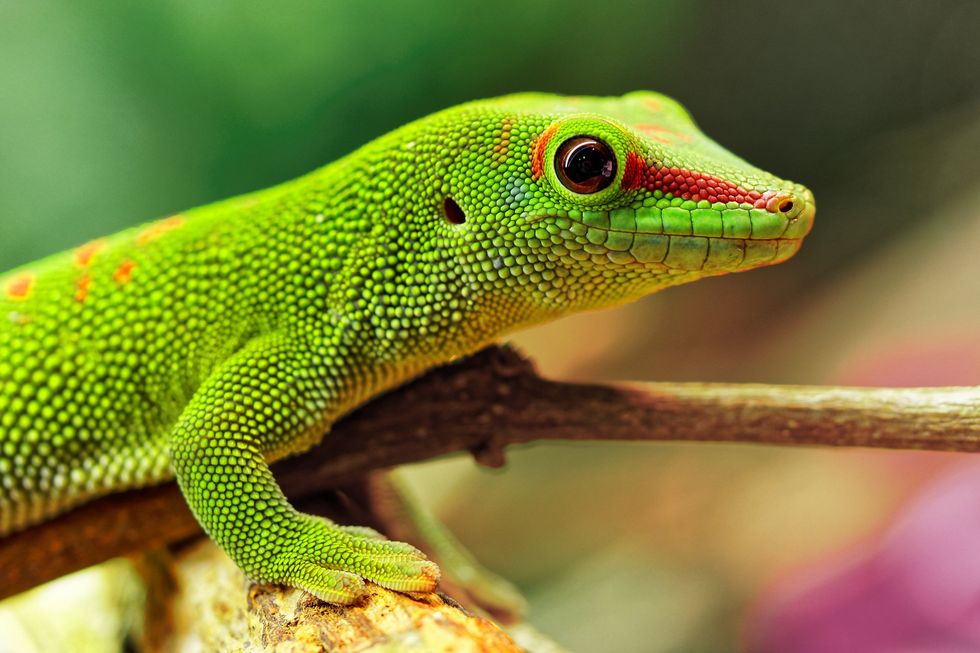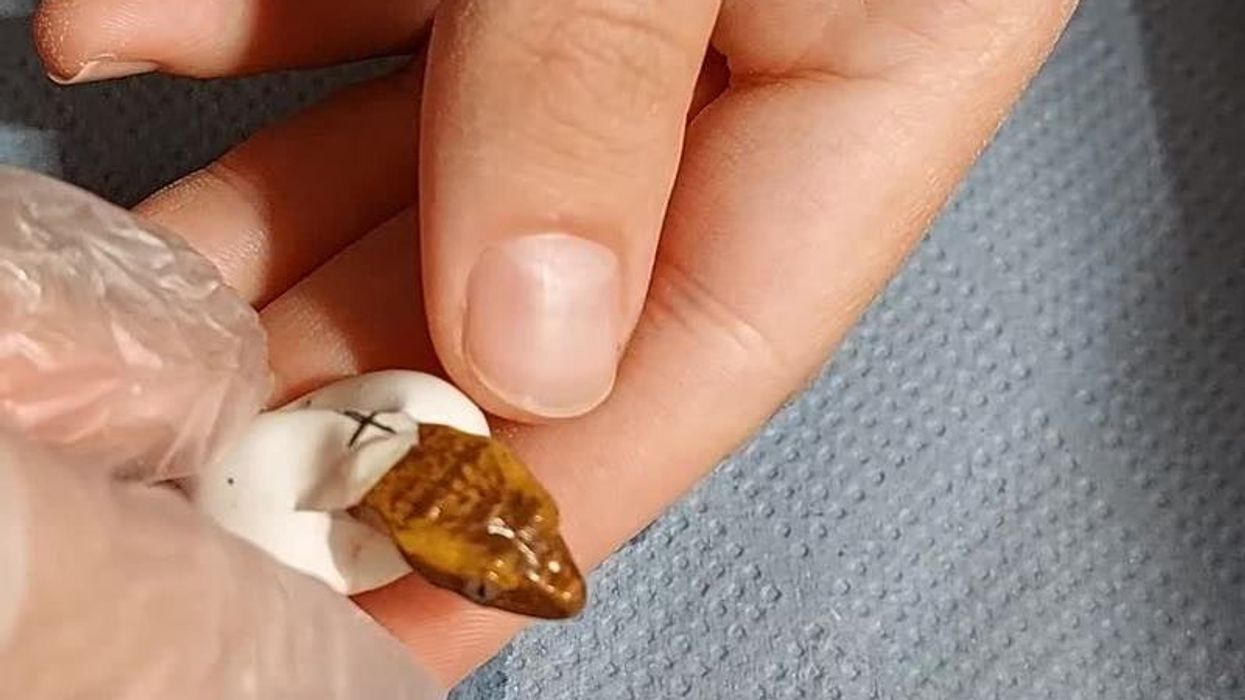Science & Tech
Jake Brigstock
Oct 11, 2024
Helping a Gecko Egg Hatch Safely and Successfully
BVIRAL - Over 30 seconds / VideoElephant
Scientists have found what they describe as a "sixth sense" in geckos which could provide a breakthrough to help humans who have hearing or balance issues.
A study published by a team of University of Maryland (UMD) biologists has found the lizards use the saccule, an inner-ear structure associated with maintaining balance and body positioning, to detect low-frequency vibrations.
This plays a role in how geckos normally hear and how they perceive the world around them and could be present in other species of reptiles too.
Catherine Carr, study co-author and a Distinguished University Professor of Biology at UMD, said: "The ear, as we know it, hears airborne sound. But this ancient inner pathway... helps geckos detect vibrations that travel through mediums like the ground or water.
"This pathway exists in amphibians and fish and now it's proven to be preserved in lizards as well. Our findings shed light on how the auditory system evolved from what you see in fish to what you see in land animals, including humans."
The saccule can detect faint vibrations ranging from 50 and 200 Hz, which is roughly what a home stereo system produces, and a spectrum well below what geckos can usually hear through their ears.
Although the findings do not directly correlate with how humans hear, the research team believes there is a crossover.

"Think about when you're at a live rock concert," Carr said.
"It's so loud that you can feel your whole head and body vibrate in the sound field. You can feel the music, rather than just hearing it.
"That feeling suggests that the human vestibular system may be stimulated during those loud concerts, meaning our sense of hearing and balance may also be linked closely."
There is hope for more investigations into how mammals hear as well as the connection between human hearing and balance disorders.
Dawei Han, the study's lead author, a postdoctoral researcher and former graduate student at UMD, said: "The implications of this research extend beyond the world of reptiles.
"As we uncover these hidden mechanisms, we're also gaining a richer and more nuanced picture of how animals perceive and interact with their environments - and potentially, new insights into our own sensory experiences."
How to join the indy100's free WhatsApp channel
Sign up to our free indy100 weekly newsletter
Have your say in our news democracy. Click the upvote icon at the top of the page to help raise this article through the indy100 rankings.
Top 100
The Conversation (0)














